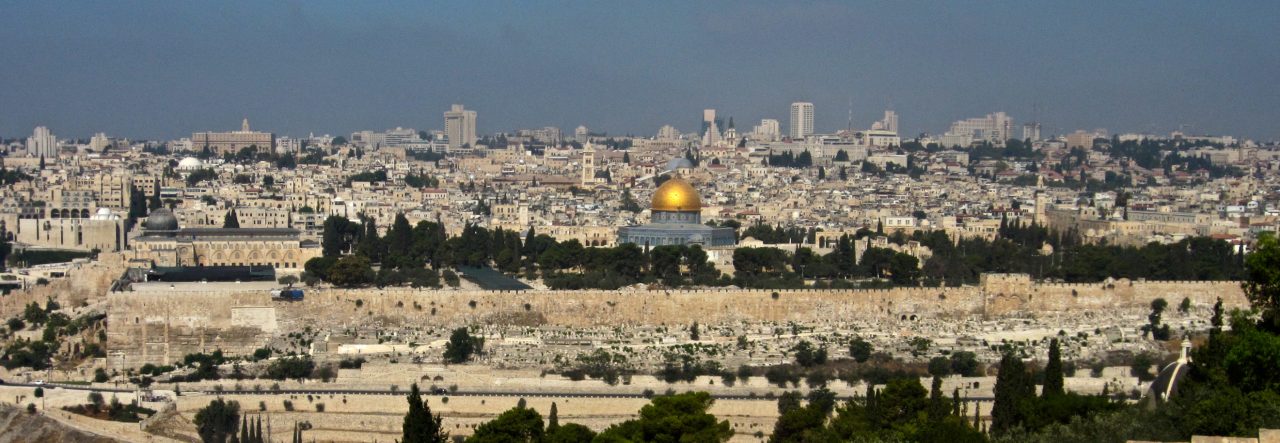During the current Covid-19 crisis my attention has been drawn to the plight of the Hasidic Jewish community in New York City. They have been hit very hard by illness and death, way beyond proportion to their numbers. Hasidic Jews are a very tight-knit community, with large families living in homes and apartments, and many social and religious activities bringing people together in close proximity much of the time.
Today, an article in the New York Times reports on how thousands of Hasidim who have had the illness and survived are being organized and encouraged to donate plasma, in the hope that the antibodies they generated during their illness would help to heal others with Covid-19. While this therapy has not been confirmed to work specifically for this virus, this practice has been employed over the last 100 years with other virus pandemics with significant effectiveness.
The Hasidic community has been very motivated to participate in this by a strong urge deep within the Jewish people to take anything bad and turn it into something good and redemptive for others and the world at large. “The community has taken a tragedy and turned it into a superpower,” said Dr. Schmuel Shoham, a physician who is leading a study at Johns Hopkins on the use of plasma to treat people after virus exposure.
As I read and thought more about all of these reports, including the recent harsh conflict between New York city officials and the Hasidic community over the enforcement of distancing policies during huge turnouts at the funerals of revered rabbis, some reflections and ironies started to crystallize in my mind.
First the ironies. Where did the many Hasidim recently travel to give of their precious life blood in order to save lives? Bethlehem, Pennsylvania. Where do the Scriptures say the Messiah is to be born? “But you, Bethlehem, though you are little among the thousands of Judah, yet out of you shall come forth to Me the One to be Ruler in Israel, whose goings forth are from of old, from everlasting.” Micah 5:2 Matthew 2:5-6 Yeshua was born in Bethlehem, where the magi came looking for the King of the Jews.
On what day of the week did rabbis instruct many of the people to travel to blood banks because it was the only day that they could schedule an appointment to give plasma? Saturday, the Sabbath, a day where travel and other work is normally forbidden. What day of the week did Yeshua sometimes use to heal people of various diseases? The Sabbath, a day that was not set aside for such an act. As Yeshua stood in a shul on the Sabbath with a man with a withered hand in front of Him, He asked all those gathered, “Is it lawful on the Sabbath to do good or to do evil, to save life or to kill?” Luke 6:9
What’s so important and profound about the funerals that have recently taken place among the Hasidic Jews? Certainly, there are other ethnic and religious groups that come out by the tens, the hundreds, the thousands to publicly and loudly mourn and celebrate their valued dead. I am not singling out the Hasidim or any other group for any of their practices concerning funerals or anything else.
I am thinking about a prophesied funeral and mourning coming up on the horizon that will be totally unlike any that the Jewish people or nation have ever experienced. This will be the funeral and mourning for the Messiah, the expression of grief and sorrow of the entire nation that did not take place at the time of His death. One aspect that makes this so unprecedented, strange and mysterious is that the Messiah will be alive, present and ruling during His own funeral and mourning. The prophet Zechariah tells us in chapters 12 and 14 of his prophecy that on the future Day of the Lord the Lord Messiah will arrive to fight and save Jerusalem and the Jewish people from final extinction, and His feet will stand of the Mount of Olives. As He fights for them, He will do something to them and for them that will so radically transform them that they will lament in a way that they have never done before.
“And I will pour on the house of David and on the inhabitants of Jerusalem the Spirit of grace and supplication; then they will look on Me whom they pierced. Yes, they will mourn for Him as one mourns for his only son and grieve for Him as one grieves for a firstborn. In that day there shall be a great mourning in Jerusalem, like the mourning at Hadad Rimmon in the plain of Megiddo. And the land shall mourn, every family by itself: the family of the house of David by itself, and their wives by themselves; the family of the house of Nathan by itself, and their wives by themselves;the family of the house of Levi by itself, and their wives by themselves; the family of Shimei by itself, and their wives by themselves;all the families that remain, every family by itself, and their wives by themselves.”
The mourning and sorrow of all Israel for Messiah Yeshua will be so severely felt and of such a magnitude that a people who normally always mourns together will seek out a solitude and privacy that will be so intense that even husbands and wives will have to mourn by themselves.
We are living through some very tough and challenging days that are altering many of our familiar customs and ways. There is a day coming, after the worst tribulation that the world has ever seen, that will alter everything forever.
